#soviet horror
Text

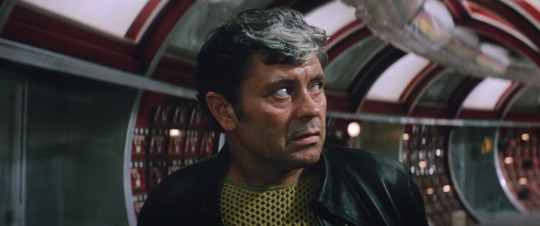
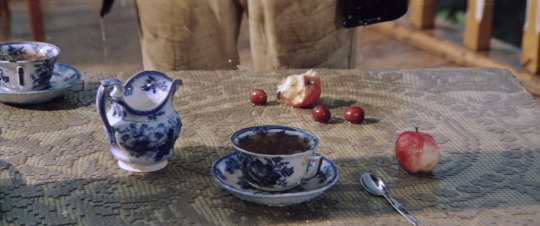
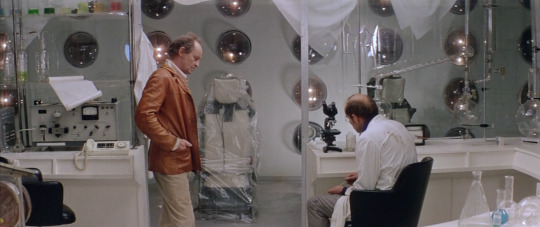



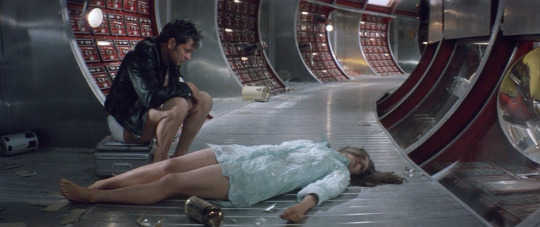


Solaris (Солярис), 1972, dir. Andrei Tarkovsky
#horror aesthetic#horror movies#scifi horror#soviet horror#soviet scifi#psychological horror#solaris
102 notes
·
View notes
Text
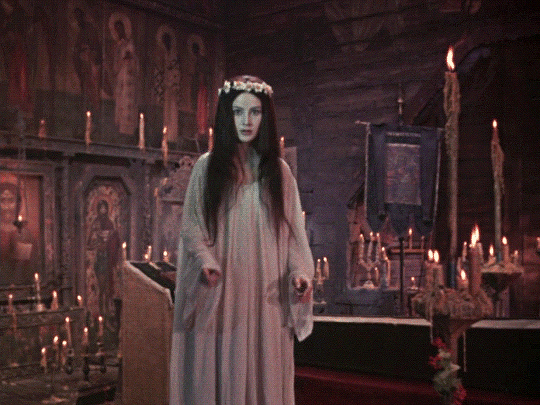


Viy (Вий) 1967
dir. Konstantin Ershov, Georgiy Kropachyov
#viy#Вий#horroredit#filmedit#filmgifs#worldcinemaedit#natalya varley#konstantin ershov#georgiy kropachyov#horror#soviet union#*
745 notes
·
View notes
Text

Cosmic Journey | 1936 — Kosmicheskiy reys
#Kosmicheskiy reys#Космический рейс#Vasily Zhuravlyov#science fiction#practical effects#soviet science fiction#stop motion animation#Ksenia Moskalenko#outer space#hammersmith horror#moon landing#moon#silent film
208 notes
·
View notes
Text

#viy 1967#viy#Natalya Varley#classic horror#horror movie#horror#scary#creepy#macabre#eerie#spooky#horror blog#soviet films#60s film#60s movies#goth#gothic#gothic film#movie#film#horror movies#horror film#horror films#scary movies#vintage horror#vampires#werewolves#russian horror#russian film#aesthetic films
577 notes
·
View notes
Audio

not today
#bandcamp#music#ambient#liminal spaces#scary#liminal#dreamcore#oddcore#nostalgia#weirdcore#soviet#russian#far north#snowcore#winter#horror#strangecore#abondoned#horrorcore
69 notes
·
View notes
Photo







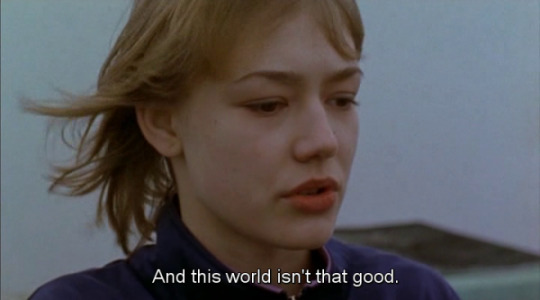


SUBLIME CINEMA #646 - LILYA 4-EVER
Bleak and overwhelming, this is a movie that has haunted me since I first saw it. Lukas Moodysson’s best film is also one of the best Swedish films of all time, up there with Bergman and Andersson’s. This is as uncompromising a film there is, shot in whatever hellhole location in Estonia they dug up to stand in for Soviet Russia - and the feeling of humanity’s grime and decay lingers all these years later.
#cinema#film#films#movie#lilya 4 ever#lukas moodysson#Moodysson#lilya 4-ever#Oksana Akinshina#dark film#classic film#cult movie#russian film#Artyom Bogucharskiy#swedish filim#swedish cinema#cinema of sweden#cinematography#soviet union#horror film#dark#bleak#bleak shit#bleak film#horror#drama#venice film festival#sweden#estonia#dream
292 notes
·
View notes
Text

SUMMARY: A young priest is ordered to preside over the wake of witch in a small old wooden church of a remote village.
#viy (1967)#supernatural horror#1960s#witchery#soviet union#ukraine#european movie#horror#movies#poll#more than 50% havent heard
42 notes
·
View notes
Text

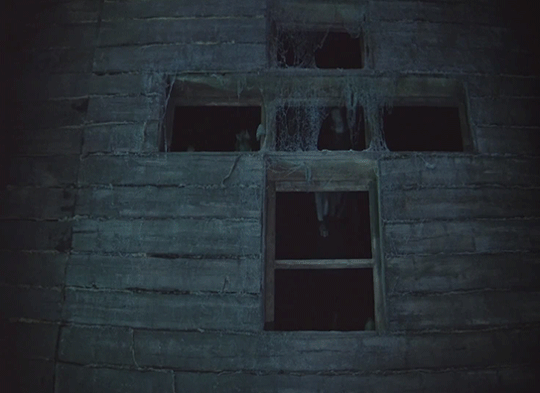
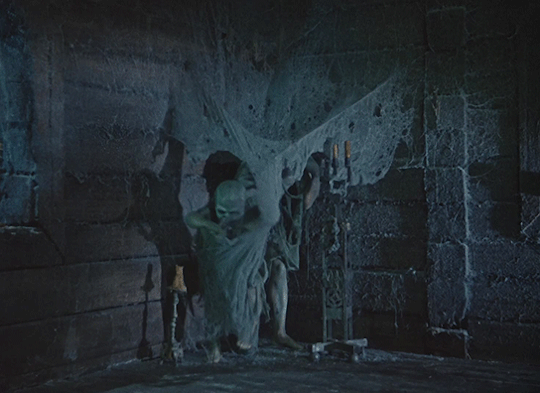

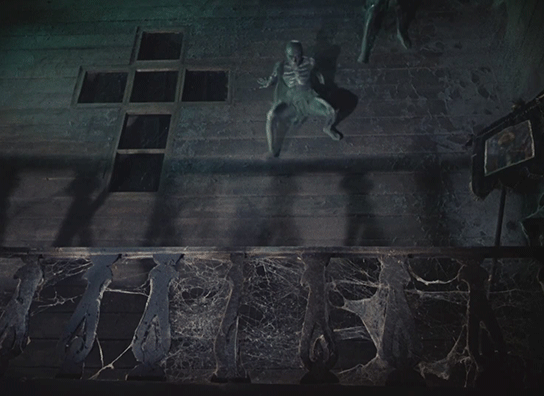
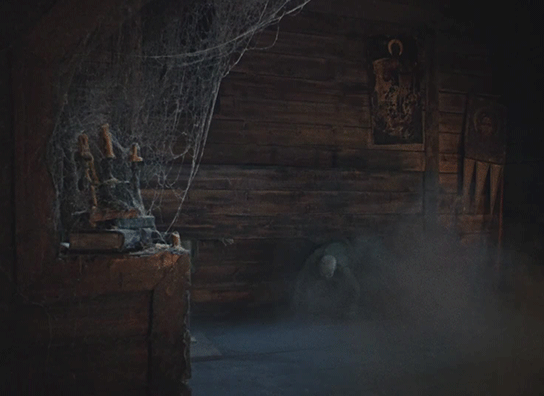
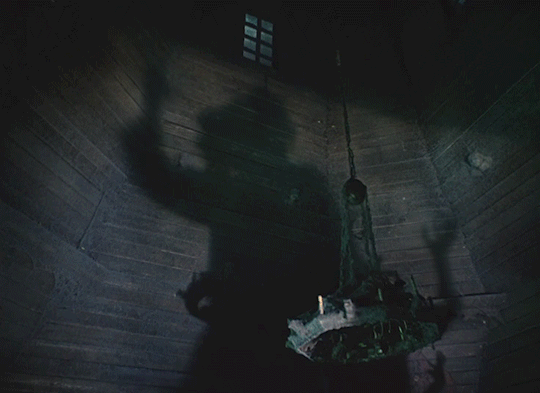



Viy (1967) // Konstantin Yershov and Georgi Kropachyov
#Viy#Russian#Soviet Cinema#Natalya Varley#Georgi Kropachyov#Konstantin Yershov#B Movies#B Movie#Low Budget Movies#Cult Movies#Horror#Viy Gifs#B Movie Gifs#Gifs#AVB#AVBGifs#AVGifs#AVViy#AVViyGifs#AVBHorror
18 notes
·
View notes
Text
John Russo - Inhuman (Poland, 1993)
artist: Les Edwards

23 notes
·
View notes
Text
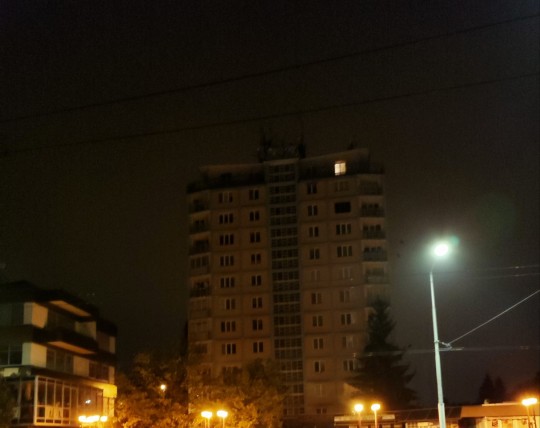
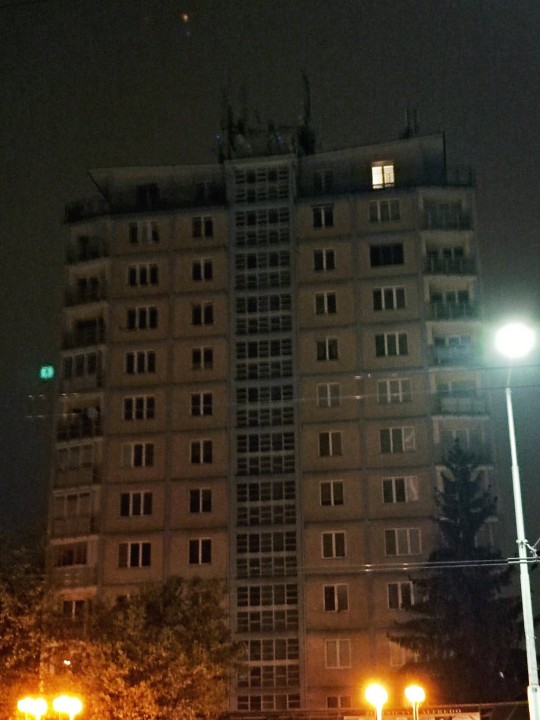
#liminal spaces#grunge#soviet union#brutalism#liminal#eerie#russia#russian architecture#grungegirl#ghost town#ghost#silent hill#my photos#aesthetic photos#goth#liminal aesthetic#cold nights#liminal photography#liminal places#liminal horror#darkness
28 notes
·
View notes
Text
Today marks 83 years since the Soviet annexation of Bessarabia from Romania
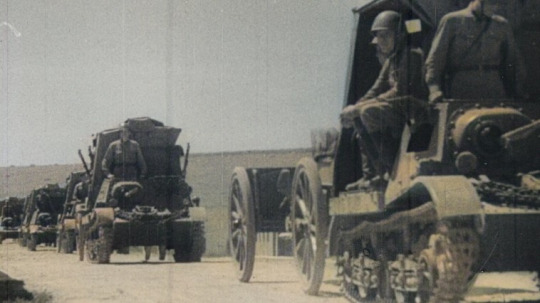
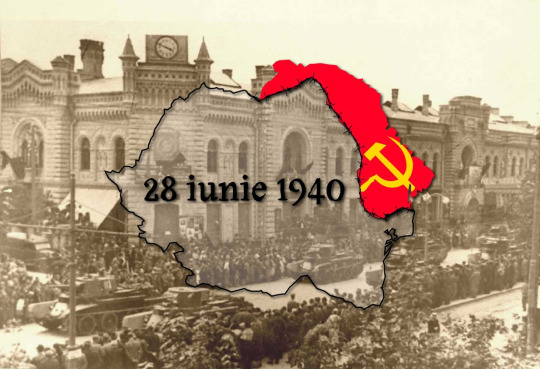
SOURCE - Deschide
Today marks 83 years since one of the darkest chapters in the history of the Romanian nation. On 28 June 1940, the USSR issued an ultimatum to the Kingdom of Romania, following the abduction of Bessarabia, northern Bukovina and Herta Land. Under political pressure dictated by the dirty diplomacy of the great global powers and advised by the 'allies' to accept the Soviet government's conditions, Bucharest ceded the requested territories, a total area of 50,762 km2 with a population of about 4 million inhabitants, mostly ethnic Romanians.
On 26 June 1940, the Government of the Kingdom of Romania received a final note from the representatives of the USSR asking it to cede Bessarabia and Northern Bukovina.
In the interest of "restoring the truth"
In that text, Soviet Foreign Minister Veaceslav Molotov argued that Romania had taken advantage of Russia's military weakness and severed the territory of Bessarabia from the Soviet Union in 1918, "thereby violating the centuries-old unity of Bessarabia, populated mainly by Ukrainians, with the Ukrainian Soviet Republic".
"The Soviet Union has never reconciled itself to the fact of taking Bessarabia by force, which the Soviet government declared not once and openly before the whole world. Now that the military weakness of the USSR is a thing of the past, and the international situation that has arisen requires the rapid resolution of the questions inherited from the past in order to finally lay the foundations of a solid peace between countries, the USSR considers it necessary and opportune, in the interest of restoring the truth, to work with Romania for the immediate resolution of the question of the return of Bessarabia to the Soviet Union," the document added.
The Soviet government asked the Kingdom of Romania to return 'at all costs' the territory of Bessarabia to the Soviet Union and to hand over the northern part of Bukovina to the Soviet Union, with the proviso that it expected a reply no later than 27 June.
Manipulation of history
Historical studies have repeatedly noted that the Soviet last note has no support in reality, for several reasons.
First, Bessarabia never had a Ukrainian majority, nor did it have any "secular unity" with Ukraine. On the contrary, ever since the annexation in 1812 by the Russian Empire, the ethnic majority has always been Romanian. The same was true of Bukovina.
Secondly, Bessarabia declared its independence in 1918 from the Russian Federal Republic. The USSR was created in 1922. So Romania could not 'untie' Bessarabia from the USSR for the simple reason that the Soviet Union did not exist.
If anyone should have been compensated, it was the Kingdom of Romania for 107 years of Russian occupation, not the USSR.
Unfortunately, the Kingdom of Romania was at that time internally collapsed, de facto, so it had no one to respond properly to this mocking final note from the USSR.
The notion of "surrender" was avoided
The Kingdom of Romania conveyed to the Soviet government that "immediate negotiations on a wide range of issues" were necessary, a response that did not please the USSR, which demanded Romania's absolute submission and unconditional acceptance, without negotiation, of the conditions imposed.
As a result, on 27 June, Russia issued a second ultimatum, demanding the evacuation of the Romanian administration and army from Bessarabia and northern Bukovina within four days.
The next day, the Romanian government led by Gheorghe Tătărescu, after receiving advice from Germany and Italy, agreed to submit to Soviet conditions.
The decision to accept the Soviet ultimatum and to carry out a 'withdrawal' (the word 'surrender' was avoided) from Bessarabia and northern Bukovina was taken in the Crown Council on the night of 27-28 June 1940.
The diary of King Charles II records that there were 6 votes in favour of rejecting the ultimatum, 20 votes in favour of accepting it and only one abstention.
The King bowed his head to Russian pressure
On the morning of 28 June, the population was officially informed of the existence of the ultimatum and its acceptance by the Romanian Army's General Staff, in communication no. 25.
According to the terms of the ultimatum, three key cities - Chisinau, Chernivtsi and White Fortress - were to be surrendered to the Soviets by 2 p.m.
By 2 July, the new border along the Prut River was permanently closed.
The Romanian government sought to avoid, if only temporarily, a war with the Soviet Union.
As a result, all military installations were surrendered without being destroyed and without a single shot being fired, the Romanian army having strict orders not to respond to any provocation.
More than 200,000 people of all ethnicities fled to Romania in the few days following 28 June.

Forced ideologisation and deportations
Only a small part of the population of Bessarabia and Bukovina greeted the Soviet annexation with positive feelings.
According to Professor Anton Moraru, PhD in history, the character of the occupation of Bessarabia in 1940 was very clearly and convincingly seen in the policy of the communist regime promoted towards the population of Bessarabia, Northern Bukovina and Herta Land, as archival documents show that the population of these territories rejected the occupation regime.
"The smallest protests were suppressed and suppressed by the Russian NKVD and KGB forces. According to some data, in 1940-1941 alone, the communist occupation regime arrested, ill-treated, fined, sentenced, deported and shot more than 300 thousand people in Bessarabia, Northern Bukovina and Herta Land, including 32 thousand innocent people, who were deported on 12-13 June 1941," Anton Moraru said.
In most of the occupied territory, the Soviets proclaimed the Moldovan SSR, while the southern part of Bessarabia, Bugev, and northern Bukovina were annexed to the Ukrainian SSR.
With the proclamation of the Moldovan SSR, the RASSM, the autonomous "Moldovan" republic east of the Dniester, was divided between the two neighbouring Soviet republics, Soviet Moldova and Ukraine.
The losses suffered in the summer of 1940 affected the geopolitical and strategic role and weight of the Romanian state in the region. But the heaviest blow was a moral one. Only 22 years after the fulfilment of an ideal - a united Romania - Romanians had to resume the struggle for national unity from the beginning.
The annexation of Bessarabia by the Soviets anticipated the establishment of the communist regime in Romania after 1944. Since the ethnic Romanian majority in Bessarabia was made up of peasants, and this class was targeted by the measures of terror, the repression indirectly took on a pronounced anti-Romanian character.





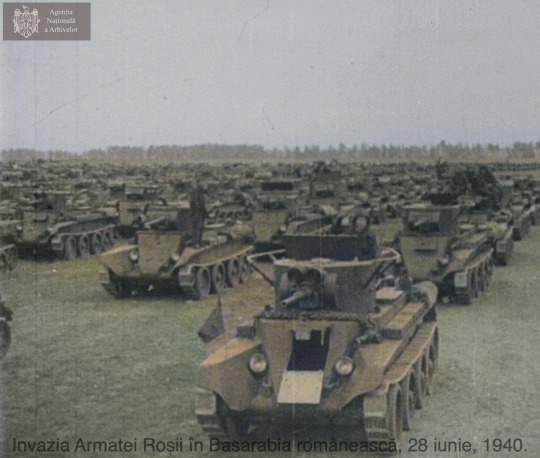
#Romania#Moldova#soviet union#imperialism#ww2#european union#as a descendant of people who endured such horrors#I hope it will be forgiven that I may bring them to light#history#СССР#ussr
44 notes
·
View notes
Text
Watch yourself, be careful
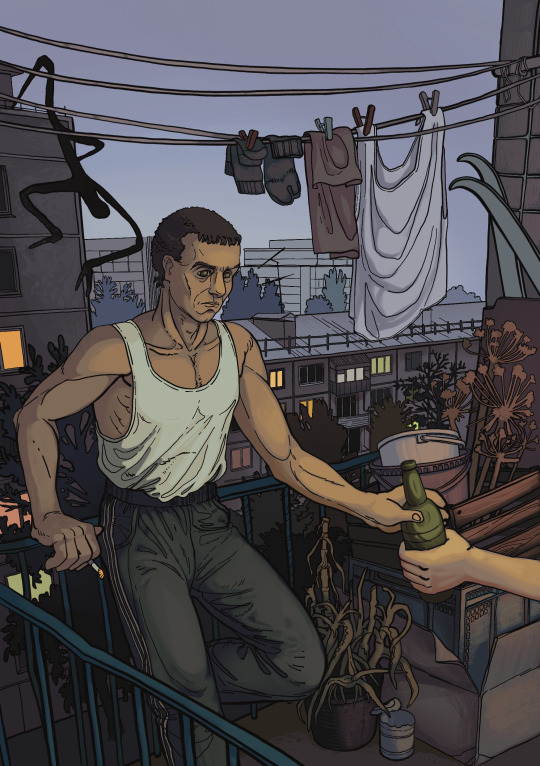
Завтра кто-то утром в постели
Поймет, что болен неизлечимо
Кто-то, выйдя из дома, попадет под машину
Завтра где-то в одной из больниц
Дрогнет рука молодого хирурга
Кто-то в лесу наткнётся на мину
Следи за собой, будь осторожен!
#my art#illustration#art#digital art#artists on tumblr#horror#creepy art#digital illustration#creepy aesthetic#psychological horror#90s horror#architecture#artwork#aestetictumblr#dark aestetic#victor tsoi#oc art#tw alcohol#monster#post soviet
15 notes
·
View notes
Text

Wonder what pissed him off...
#countryhumans#countryhumans ussr#countryhumans art#soviet union#horror#communist#ibispaintx#bear man#ussr#deathglare
8 notes
·
View notes
Photo
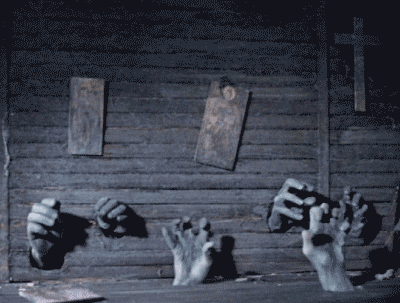
Viy
Konstantin Yershov and Georgi Kropachyov, 1967
81 notes
·
View notes
Text
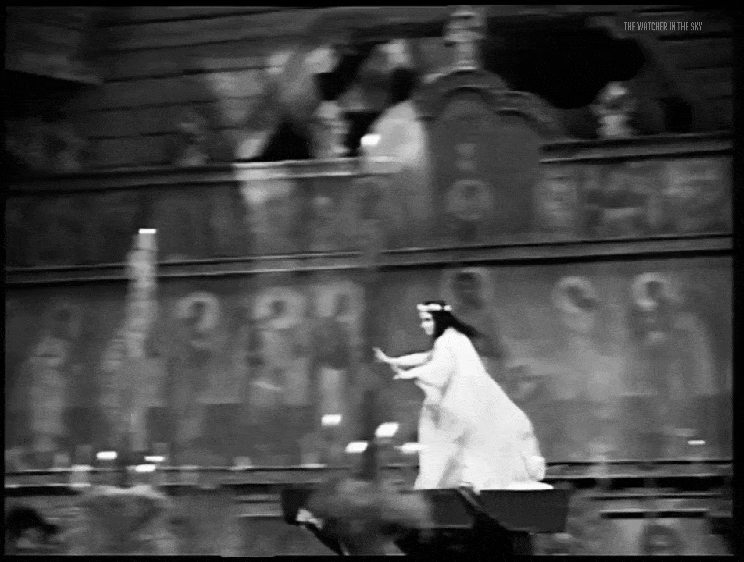
#viy 1967#viy#Natalya Varley#classic horror#horror movie#soviet films#horror#scary#creepy#macabre#eerie#spooky#terrifying#horror blog#black and white blog#black and white#movie#film#horror movies#horror film#horror films#scary movies#russian horror#russian film#gothic film#gothic#goth#vintage horror#60s movies#60s film
246 notes
·
View notes
Text
i always think it's a little bit funny when ppl in the comments of bob's burgers cast interviews say that their personalities/appearances are all so similar to their characters bcuz like Yeah. that's because the characters were created around the voice actors they had already cast to play them and not the other way around. they were ALL inspired by their voice actors personalities and comedic styles. they've been very open about that lmao
#i guess it's not the traditional way for cartoon characters to be created but they were cast before they even knew their personalities#or their names which is why tina and gene were originally named after their voice actors (gene still is)#also not a coincidence they're all from the nyc comedy scene and all knew each other before the show started 😭😭#love that they designed gene based off these horrible soviet union Horror childhood pictures from eugene and that's why his hair looks#Like That#bob's burgers#txt
9 notes
·
View notes